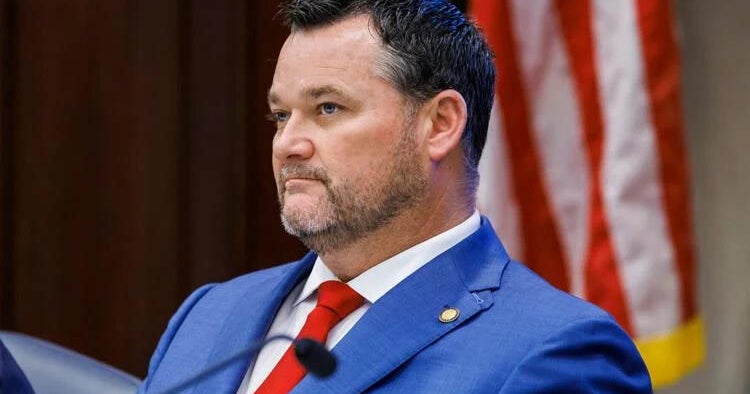Amid the explosive development of artificial intelligence, Florida lawmakers on Tuesday began asking questions about the technology’s use in the insurance industry.
A panel of insurance and tech officials told the House Insurance & Banking Subcommittee that insurers are using artificial intelligence in a variety of ways, including in claims handling, and sought to allay concerns that the technology could be misused.
Paul Martin, vice president of state affairs for the National Association of Mutual Insurance Companies, told lawmakers that AI is a “tool” whose use is governed by pre-existing insurance laws.
“If a human is prohibited from conducting a practice on behalf of an insurance company, AI is also prohibited,” Martin said. “Artificial intelligence is not an end goal for the insurance companies around a state’s statutes or regulations.”
Lawmakers asked a series of questions, including whether artificial intelligence could be used for this purpose deny claims Without human intervention, something happens that Rep. Hillary Cassel, R-Dania Beach, said in the health insurance industry.
“What law in Florida is on the books that is going to tell an insurance company that AI cannot be the sole basis for determining a denial of a claim, whether it be health insurance, property (insurance), etc.?” asked Cassel, an attorney who handles property insurance cases.
FCCI Insurance Group board member Thomas Koval, who also represented the Florida Insurance Council at Tuesday’s meeting, said, “We’ve had AI for a long time, but now it’s evolved to the point where it’s so outstanding, and we want to be careful and work with our IT (information technology) people to make sure it’s done right.”
“It’s just not like we’re going to blame everything on Google and ask, ‘Should we pay this claim?’” Koval said.
Florida lawmakers took aim at AI in denying insurance claims
The House and Senate debated bills during the 2025 legislative session that would have prevented insurers from using artificial intelligence as a tool. any basis for denying claims. The bills did not pass, but Tuesday’s meeting was a sign that the issue could come up again during the 2026 legislative session, which begins in January.
“This is going to be an ongoing learning process for all of us,” House Insurance & Banking Chairman Brad Yeager, R-New Port Richey, said at the end of Tuesday’s meeting.
Florida lawmakers are exploring AI in education and property insurance
Beyond insurance, lawmakers are also looking at the use of artificial intelligence in education. Senate education Pre-K-12 Committee has scheduled a panel discussion on this topic next week.
Jarrett Catlin, state AI policy advisor for TechNet, an organization that represents technology companies, said other states have considered bills related to the use of artificial intelligence in insurance and other areas. Like Martin, he said existing laws are often enough to address the problems.
“We encourage you to introduce new authorities specific to artificial intelligence only where there is a clear AI-specific risk,” he told members of the House of Representatives.
Some lawmakers focused on how artificial intelligence could impact the state’s property insurance system. Rep. For example, Marie Woodson, D-Hollywood, said that “the main issue for me is the high cost of premiums” and asked how artificial intelligence might impact that problem.
Koval said artificial intelligence can lead to greater efficiency and speed in insurance companies’ operations, which should reduce costs. He said such charges are part of the tariffs.
Meanwhile, Rep. Nathan Boyles, R-Baker, expressed concern that artificial intelligence could allow insurers to assess risks at a “micro” level, which could result in some property owners being excluded from coverage.
But Martin downplayed such concerns.
“AI is not there to deny claims,” he said. “AI is not there to write less policy.”









